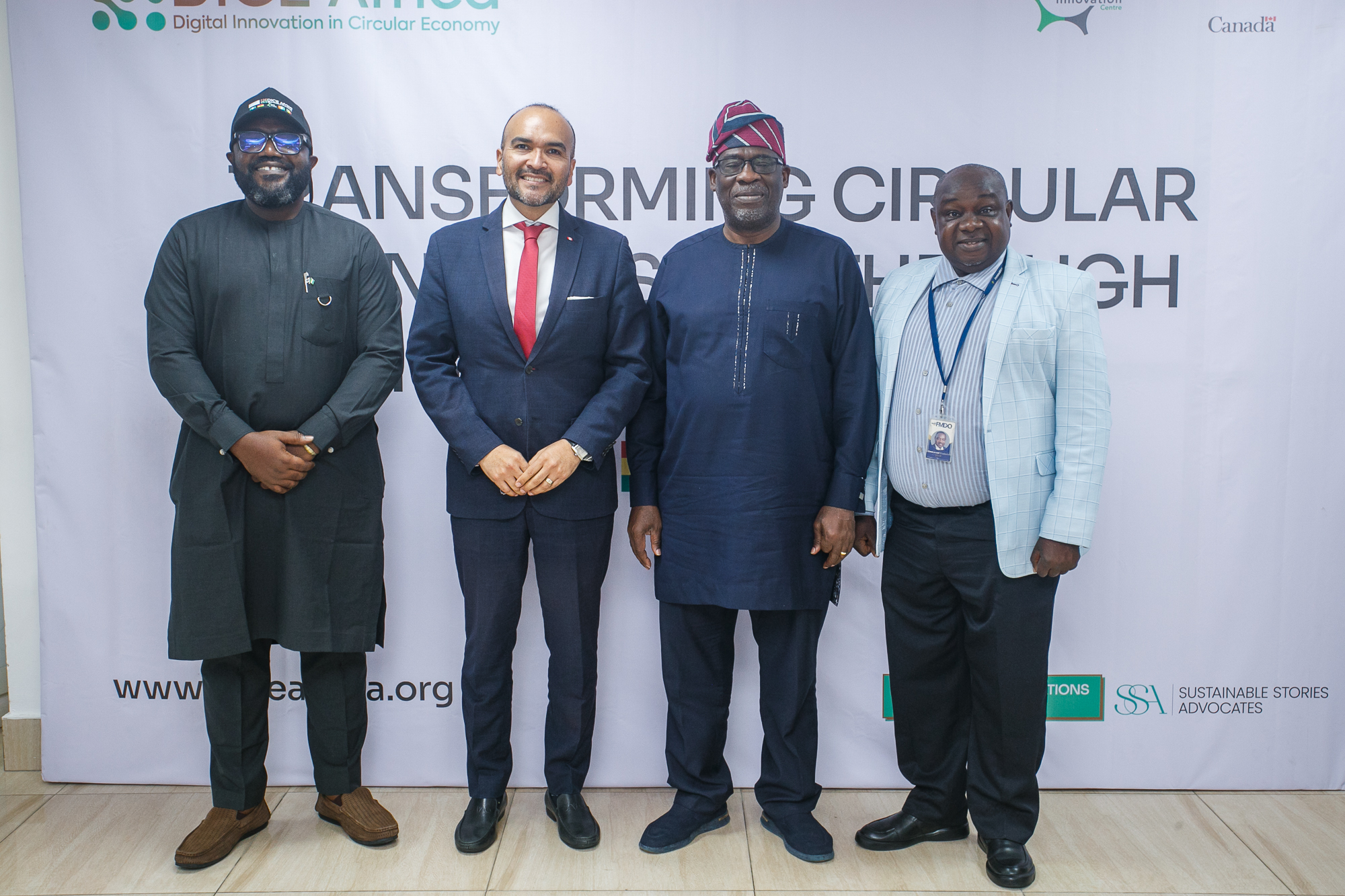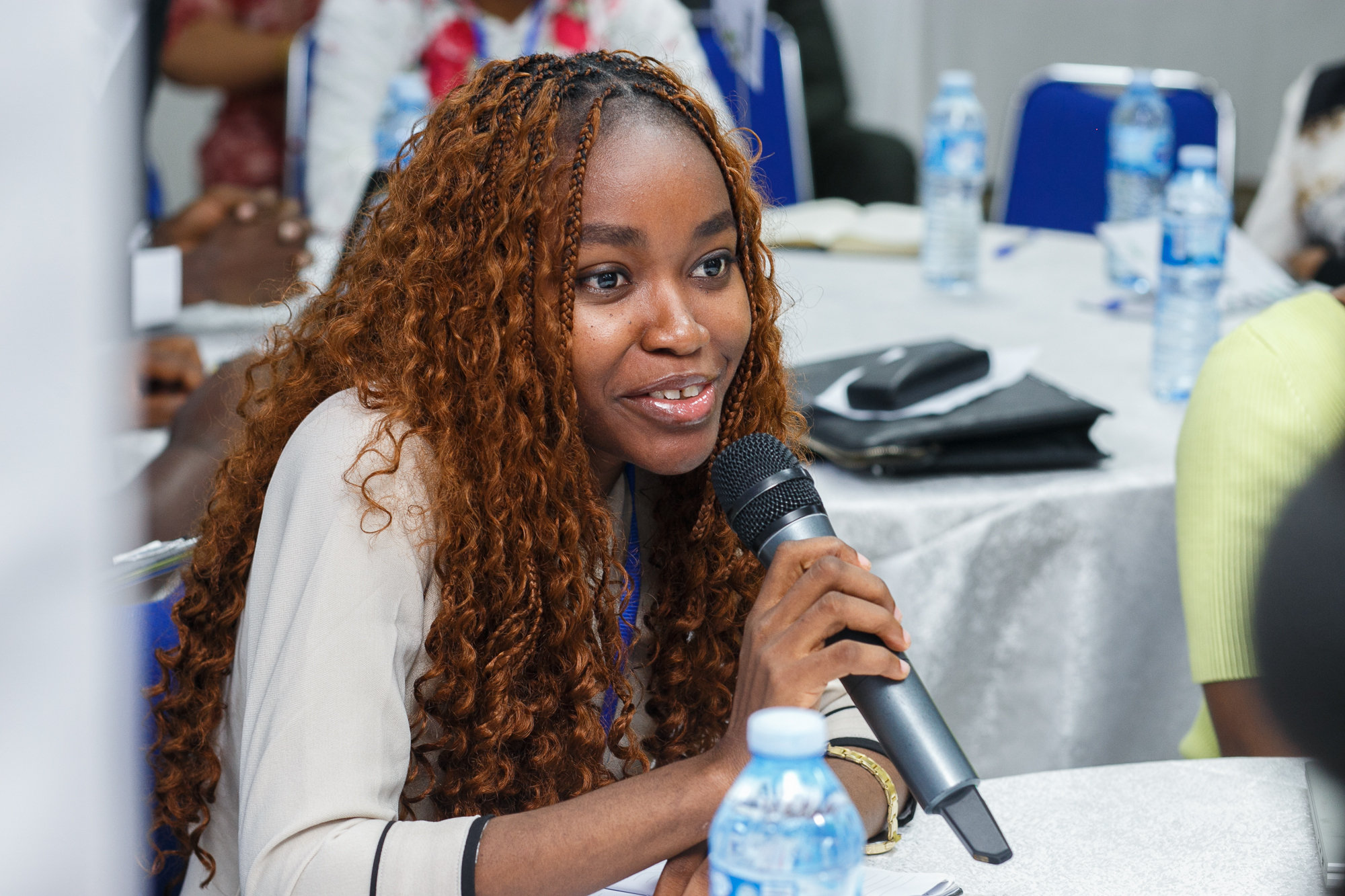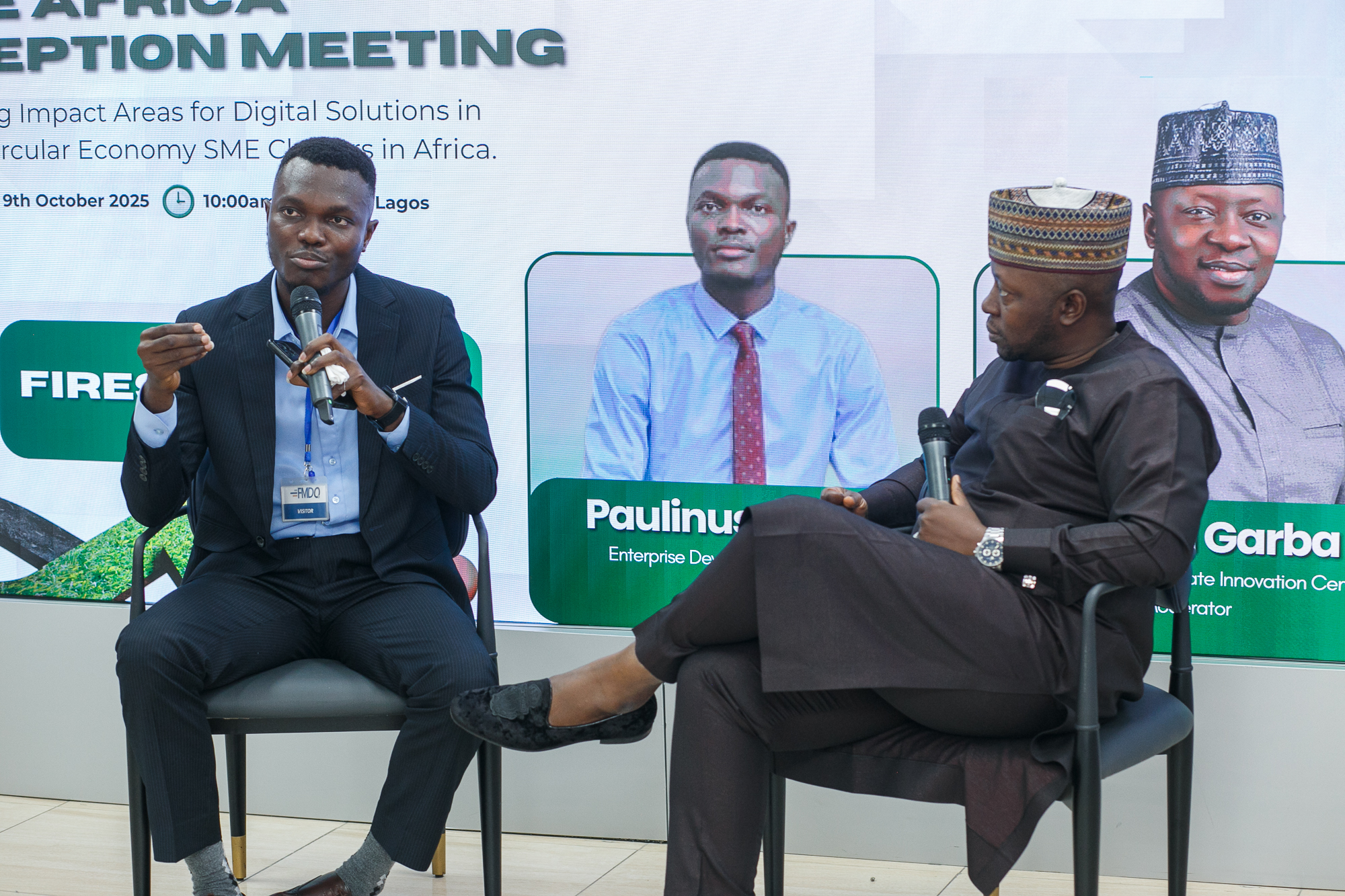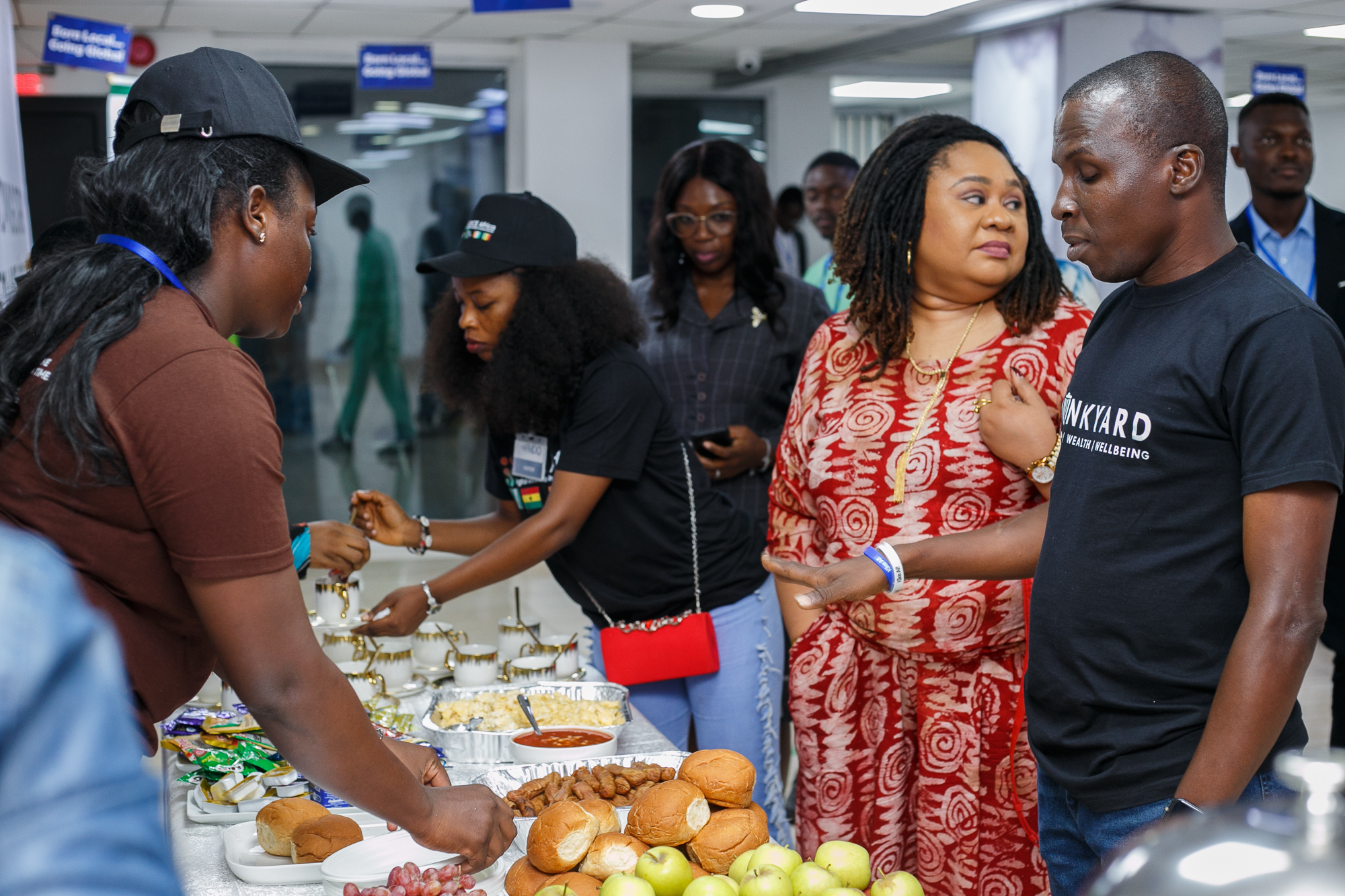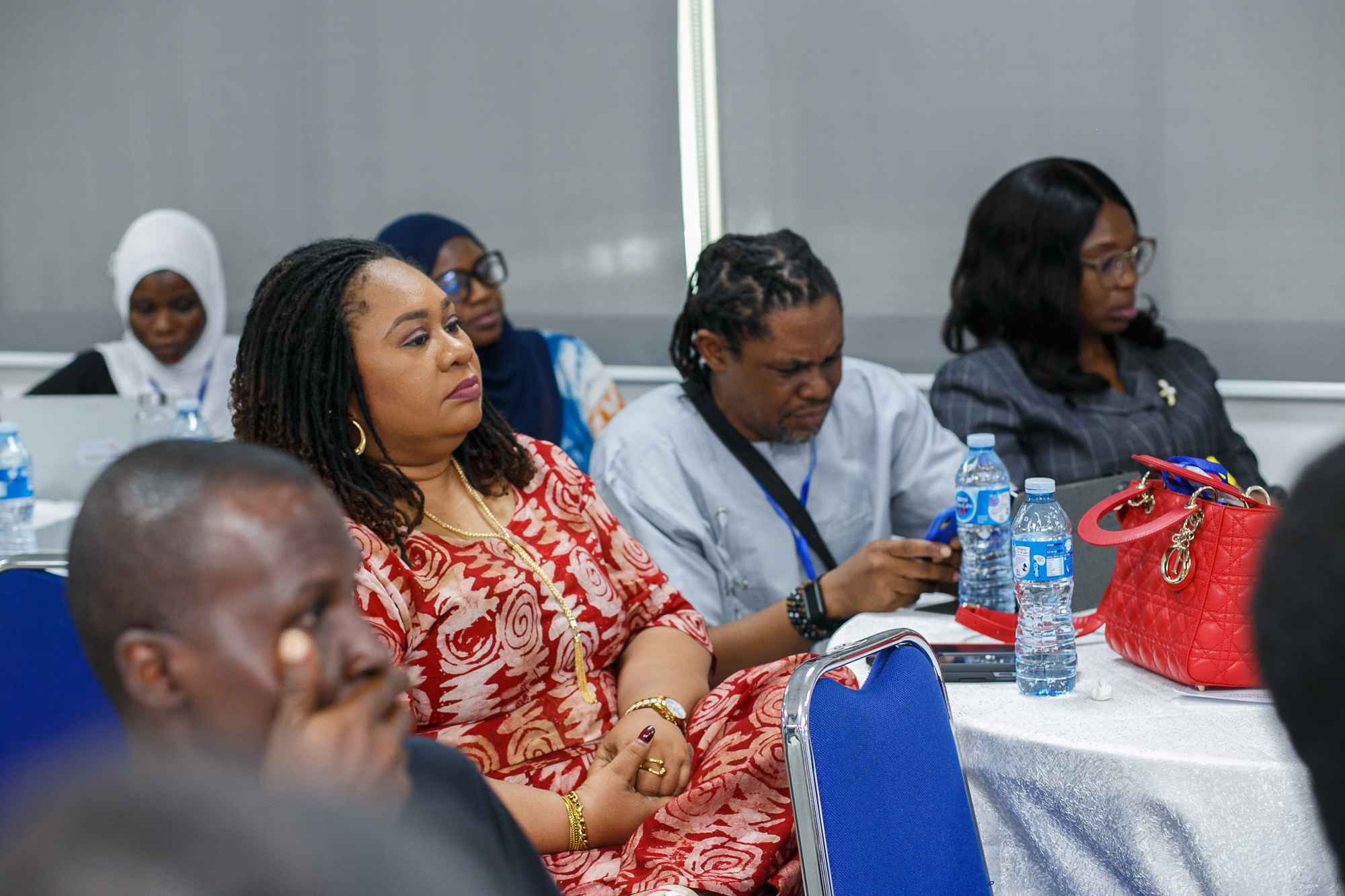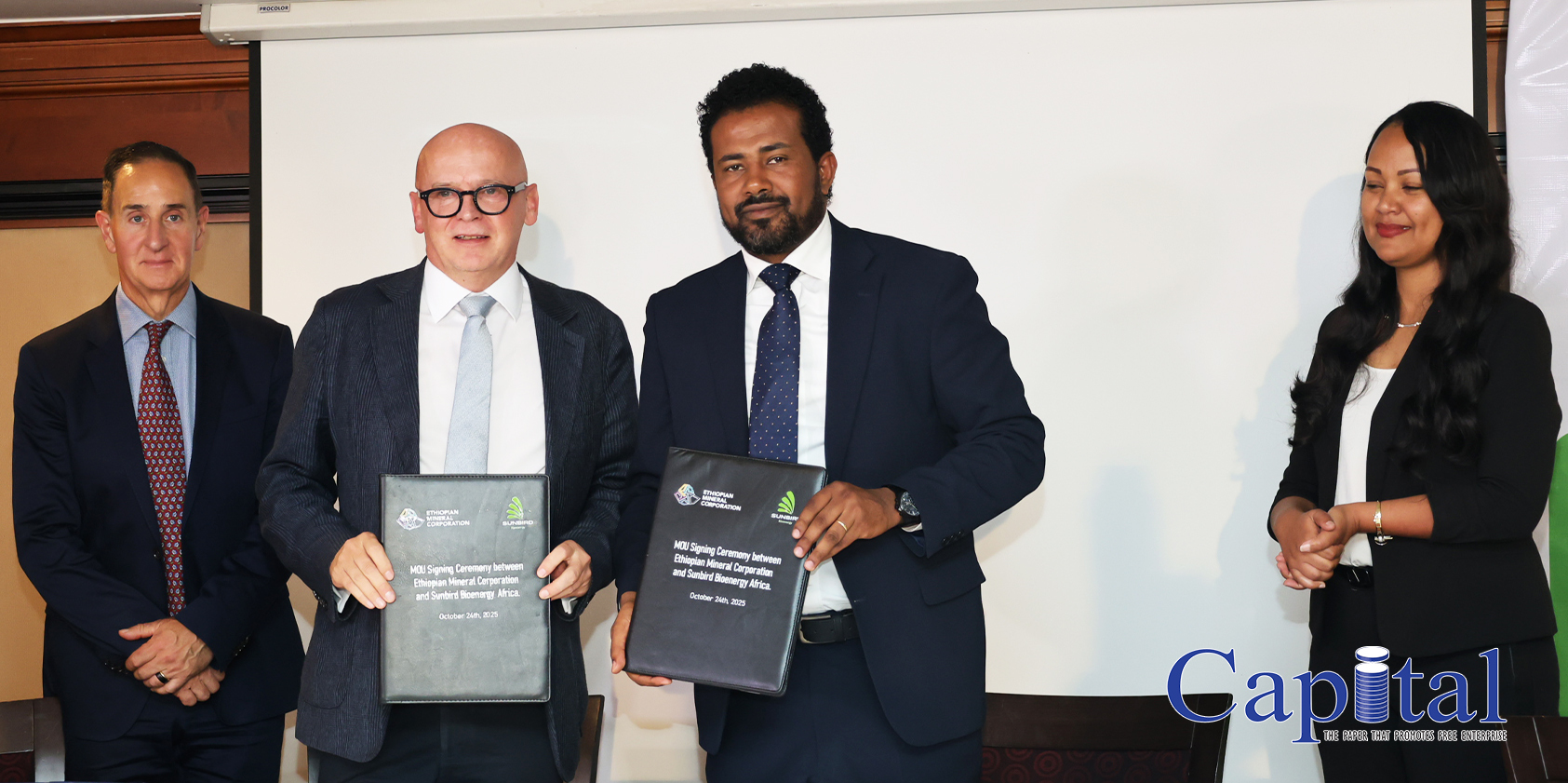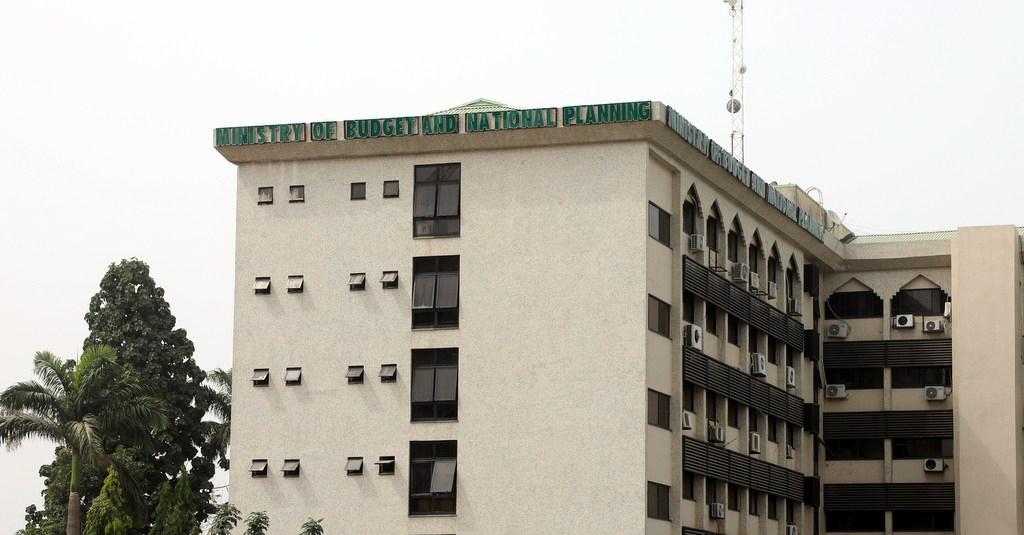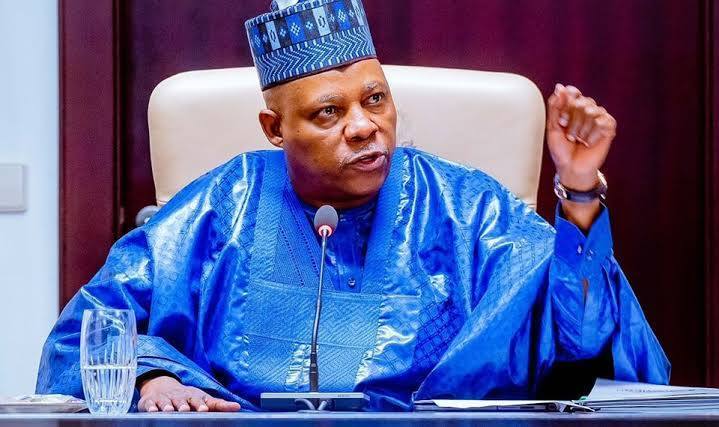Nigeria's and West Africa's circular economies are gathering momentum through local innovation, technical upskilling, and resilient partnerships. As Nigeria Climate Innovation Centre (NCIC) Chief Executive Officer (CEO) Bankole Oloruntoba outlines, scalable change now hinges on technical training, value-chain collaboration, and institutional support.
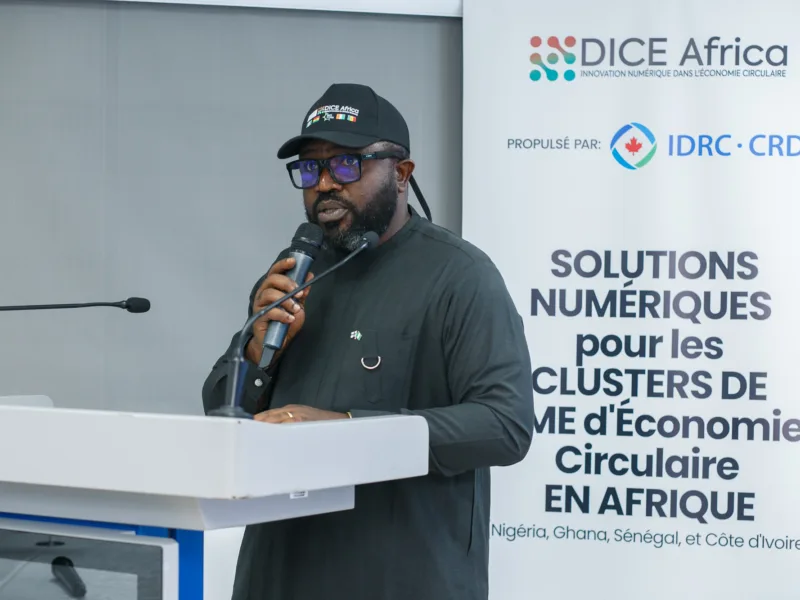
Partnerships with international research bodies, local organisations, and African entrepreneurs inspire a new blueprint for climate innovation. Data from pilot projects show circular economy efforts shaping Nigeria's and West Africa's sustainable future.
Circular Economy at the Tipping Point: A New Era for Nigeria & West Africa
The Nigeria Climate Innovation Centre (NCIC) is driving circular economy growth by tackling plastic waste, upskilling youth, and supporting technical expertise.
Recent projects, such as the Green Youth Up Skilling Program (GYUSP) piloting with 25 trainees across Lagos (teaching practical repair of billers, collectors, and sorters that power circular businesses) and partnerships with the institutions such Boando Foundation, Enterprise Development Center (EDC), FMDQ, and FC4S, spotlight how institutional and practical support empower Nigeria and West Africa's circular sector, addressing mechanical and automation challenges across value chains.
Institutional Strength and Collaborative Partnerships
The central theme is sector strengthening. This includes helping entrepreneurs sell, scale, and sustain their businesses via infrastructural support. Beyond plastics, NCIC's approach means "not just investing, but making businesses work faster and better," with impact research strongly backed by IDRC (Canada).
Technical problems are addressed by enhancing the capacities to repair and maintain recycling equipment, ensuring local talent meets growing industrial needs.
Key Data Table: Circular Economy Pilot Metrics (GYUP, Lagos Pilot)
| Metric | Value | Project |
|---|---|---|
| Youth Trained | 25 | Green Youth Up-Skilling Program |
| Sectors Supported | Plastics, Mechanicals, Automation | GYUP/Oando Foundation |
| Technical Skills Developed | Maintenance, Repair, Installation | GYUP/Oando Foundation |
| Locations | Lagos (pilot), expansion planned | GYUP/Oando Foundation |
| Institutional Partners | IDRC, EDC, FC4S | NCIC Program |
Driving Technical Change with Local Impact
NCIC's model focuses on tailor-made solutions for Nigeria, Côte d'Ivoire, Senegal, and Ghana, balancing national realities and sector dynamics. "We found the flexibility to design projects that fit Nigeria, Côte d'Ivoire, Senegal, and Ghana, addressing unique local challenges."
The organisation ensures cross-learning among partners, adapting best practices and bridging technical gaps, especially in local maintenance and skill development. As Oloruntoba stresses, "We want to help people understand what can make these businesses work faster and better."
Partnerships, Execution and Knowledge Transfer to Scale Impact
Partnerships catalyse results. Organisations like the EDC, FMDQ, and FC4S have provided constant support from project inception, shaping programs in Water, Sanitation and Hygiene (WASH), fintech, SDGs, and flood management. Fast team mobilisation and direct collaboration define NCIC's "easy sell" approach to sector support, creating new market access for climate entrepreneurs.
Knowledge-sharing through workshops, retreats, and press releases by partners like Sustainable Stories Africa ensures sector learning reaches wider audiences. "The conversations and knowledge gained will strengthen the circular economy in Nigeria," Bankole affirmed.
Path Forward - Scaling Circular Innovation for Africa's Future
A network of African partners drives the sector's evolution, with expansion planned across countries. Sustainable Stories Africa, as the first impact media partner, will amplify stories from inception report to ESG metrics and climate impact. As Oloruntoba closes, "This marks the true beginning of the strategy for the next two years."
Nigeria and West Africa's circular economy stands ready for scalable, cross-sector innovation. This will be powered by local talent and global collaboration. Institutional support, technical skills, and knowledge-sharing will define how fast and far the sub-region's circular economy transition succeeds.
Upskilled youth and upgraded recycling equipment are powering circular economies across the West African region, thanks to NCIC's inclusive model blending skills and research.
Local action and sector-wide partnerships lay the foundation for Africa's green transition. Through strategic collaboration and rapid innovation, circular solutions will drive climate resilience and unlock new opportunities for economic growth.

